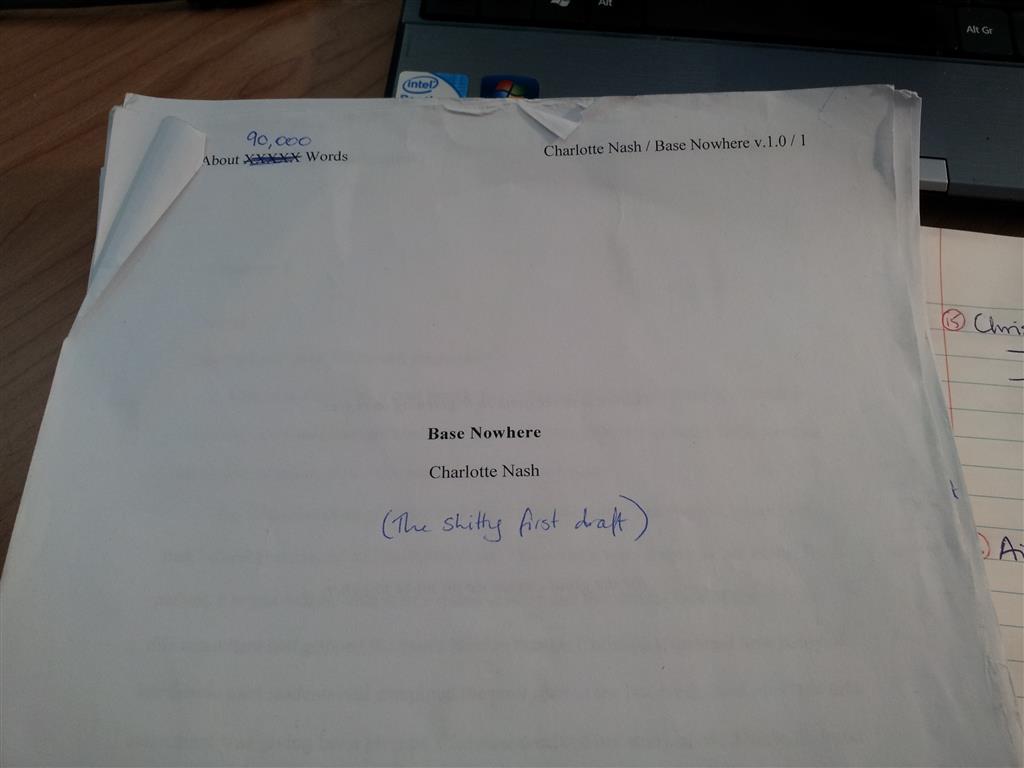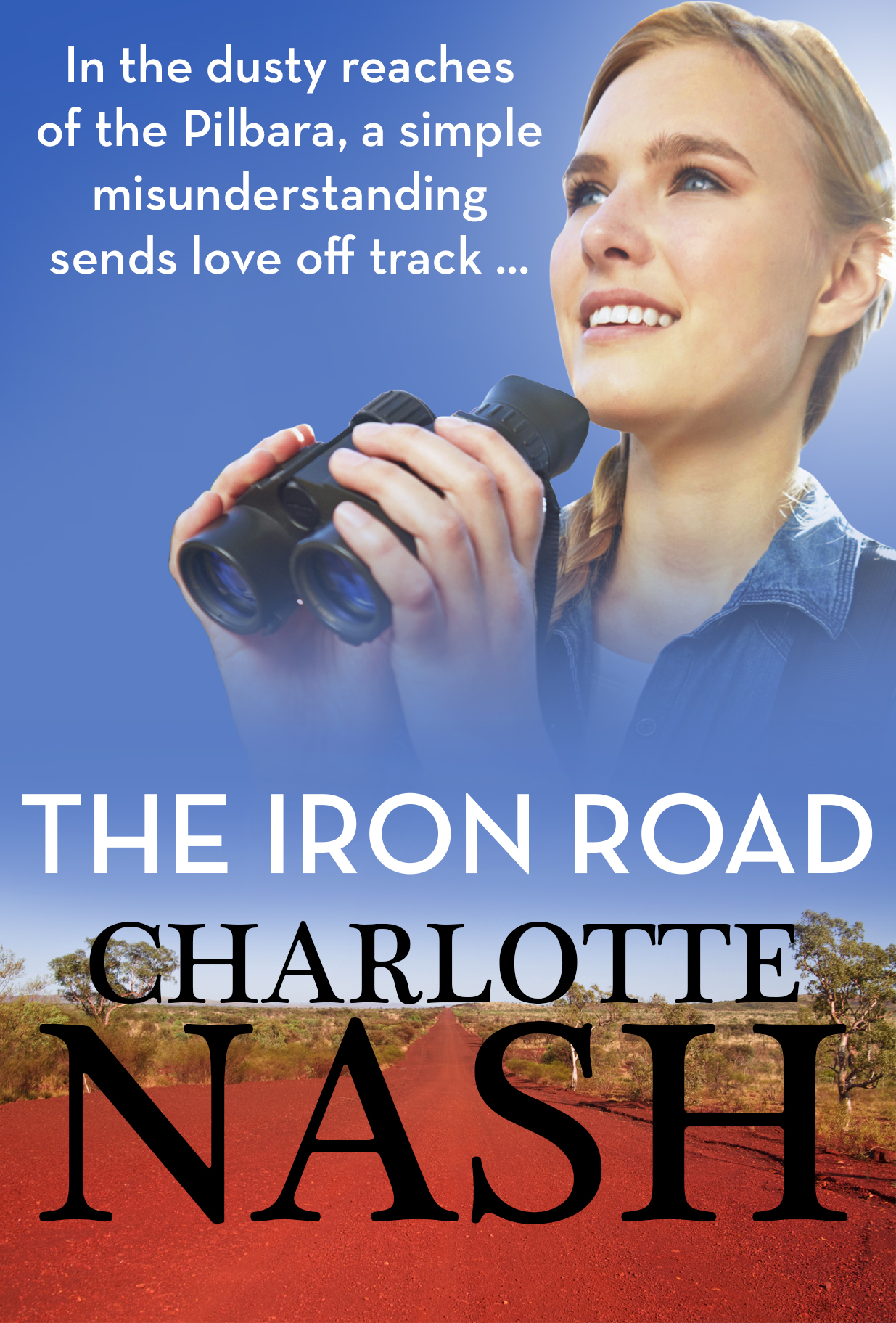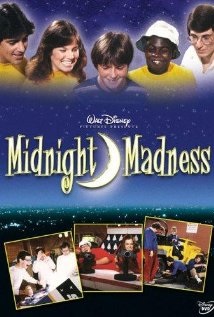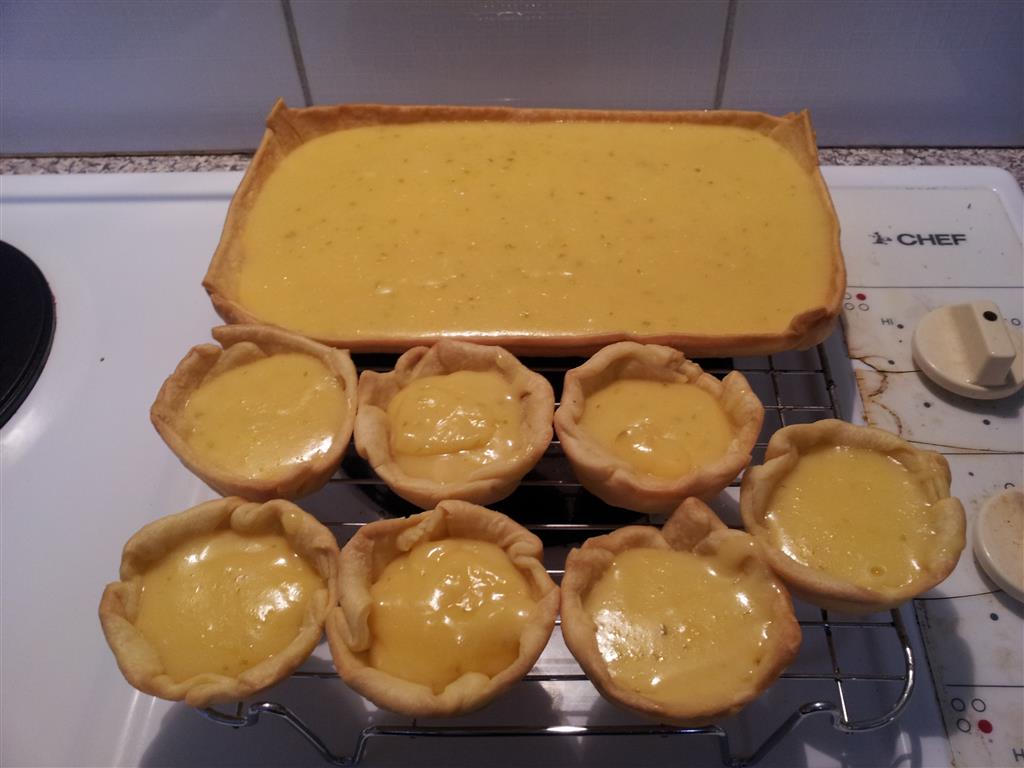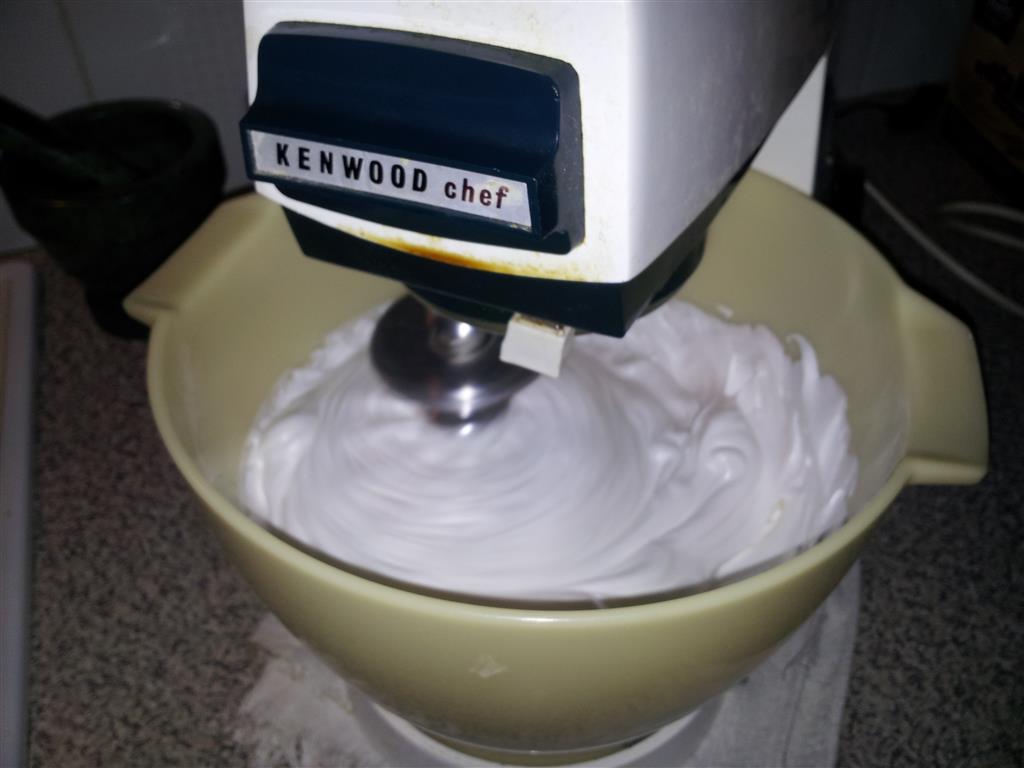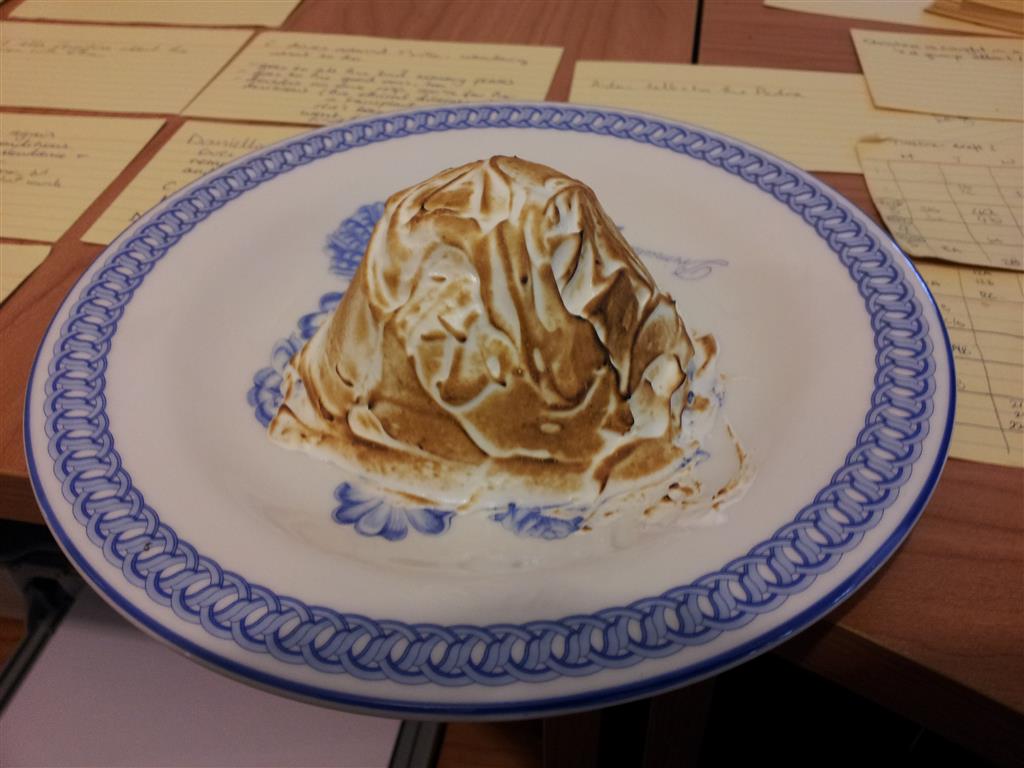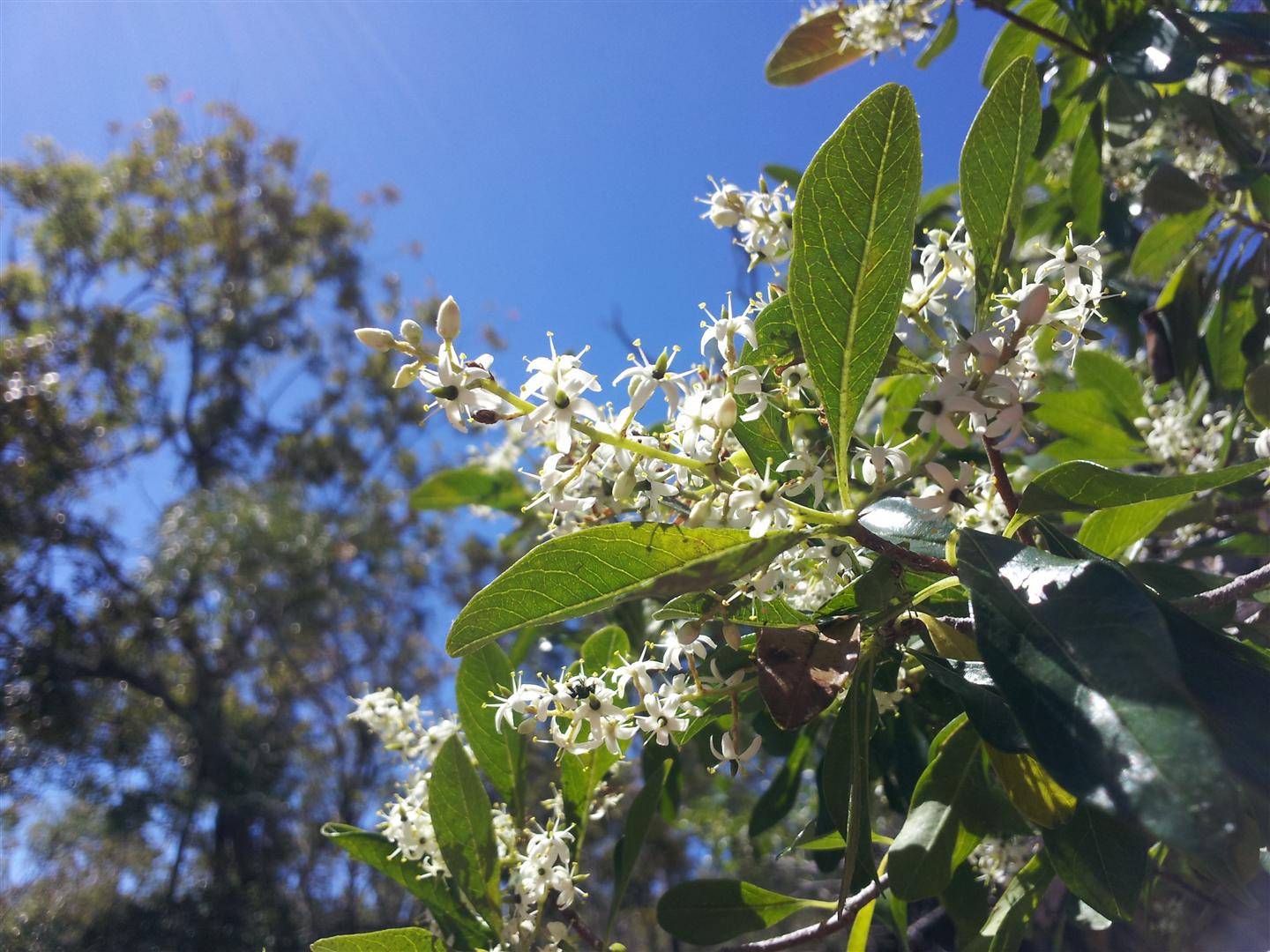I'm a woman who's spent a great deal of my career in what some people would call "male dominated environments". While I was in those places, I recall few problems doing my job because of gender issues, even on mine and construction sites (the one time I can think of one, it was actually in an office, go figure). We all had our jobs, and we all did them. Now, I'm not saying that's everyone's experience. But I'm setting the context that it is possible, even in this time, for women to go and do their jobs in hard industries without sexual power plays being in the way. I'm getting to Riddick. Bear with me.
When I think about the future of the workforce, I'd like to imagine a time when we solely talk about ability and capacity, and not gender-related (especially sexual) issues. Yes, children need care, but that's the responsibility of both sexes, and of the whole community they're part of. Women are not stupider than men (or vice versa). We are not more or less sexual than men. We are all different (as are men). And like it or not, popular culture has a huge influence in the ongoing constructs we use to think about ourselves and the society we live in. Film and TV stories for many of us form a huge part of that. It's probably the reason that because I'm a woman, I'm automatically assigned lables like "loves shopping", "loves cute stuff" and "loves shoes" (I like none of those) and, more worryingly, "bad at maps", "hates maths", "doesn't like getting dirty" (all untrue for me). On the other hand, I like all sorts of different stories - I love romance, I love hard sci-fi (even on the same day). I, like all other people, do not come with automatically assigned labels. But I digress.
One of the reasons science fiction can have so much power as narrative is the ability to imagine the world working in scenarios where women actually do have equality of respect and station, and there's been plenty of great examples of that. So it saddens me greatly when mainstream hollywood is so horrifically failing in providing engaging female characters, even in such a fertile genre as science fiction. And here is where we get to Riddick.
You might be wondering why I would even bother to talk about it, after all it's probably not a film that's going to be lauded or pass into any kind of cannon of remembrance for the genre. But honestly, I think that's no excuse. And being the third installment in a series that began with the so-much-superior Pitch Black, the critique is meaningful. Let's do it.
Riddick is obviously a remake of the Pitch Black plot. And as a film, I actually enjoyed it (minus one or two plot problems that could have been easy-fixed). It ticks a lot of boxes in the narrative essentials. But there's a crutial difference in the two works in the representation of women. Pitch Black actually gave us two female characters (three if you count the kid pretending to be a boy). Riddick gave us one. But but, someone argues, Pitch Black was in the context of a passenger freighter crash - Riddick is about bounty hunters - therefore, it's more likely to be all men. To that I'd say, really? All right then, maybe (while citing plenty of other mainstream sci-fi that chooses to show futures where women have become highly represented in traditionally male professions - Alien/Aliens, Starship Troopers, Firefly).
All right. I could accept her as the only woman in the story (even though it fails the Bechdel Test). But let's look closer. Pitch Black gave us a female lead character (Fry, played ably by Rhada Mitchell) with an arc. She was good at her job, but she'd made a choice that was now haunting her, and used to create friction with other characters. i.e. her interactions throughout the film had everything to do with her role as the flight officer and almost nothing to do with the fact she was a character with a vagina and breasts (the Riddick hair-cutting incident is probably the exception, and I didn't mind it. It said something about his character, not hers). In contrast, Riddick gives us a female character with no arc. She is also good at her job, it seems, but there's no story for her. Instead, it becomes about that she's the only character with breasts. Oh, she's also a lesbian.
So what happens? She punches a bad guy a few times (she's tough, remember that). Then this guy threatens to rape her. She punches him again. Then Riddick threatens to rape her after some more sexually innuedo-y dialogue. This all seems geared for the final scene, where she suddenly seems to like Riddick, being all playful with him as she rescues him from the beasts. Oh, you threatened to rape me last time? That's ok, I don't seem to be a lesbian anymore, you totally converted me. Tee hee, oh, you! (Malibu Stacy voice) (ManBeast and I are still debating whether the film fails the Russo Test too).
I seethed. Perhaps her character is too minor for an arc. But why the frack can't she have a role that is not just for sexpolits? If bad guy and Riddick want to be rapey-sorts, then why isn't her response more realistic (after all, she's a baddass, right?). The short news is that it's possible to have nudity in a film without it being sexual (Starship Troopers), it's possible for bad-arse (and otherwise strong) female characters to slam sexual-based commentary into the floor (Aliens). It's possible to give dimensions to women that say we are actually all the things that men are. We're not different; just differently configured.
It's more than just possible. It's necessary. Women (from what I see of blogs on the subject) are becoming increasingly tired of being reminded of sexuality in this manner on screen, and of the paucity of strong female characters in film. This stuff isn't harmless. It's not fine. For a culture consuming heaps of film and TV, this is the stuff we grow up with. It informs the word-view of young people, who become older working people with attitudes to themselves, their work colleagues, friends, partners and children. I grew up with Ellen Ripley and Sarah Connor. And I've loved stories like Buffy, Firefly and Pitch Black that put women in interesting roles, and give them real characters beyond their sexual identity. Riddick fails on all those fronts, but so did Elysium, Oblivion and countless other sci-fi offerings in the last few years. All I can ask is, where are they? Where are the women in science fiction now? And when is it going to change?
When am I going to see a potential me on screen?

